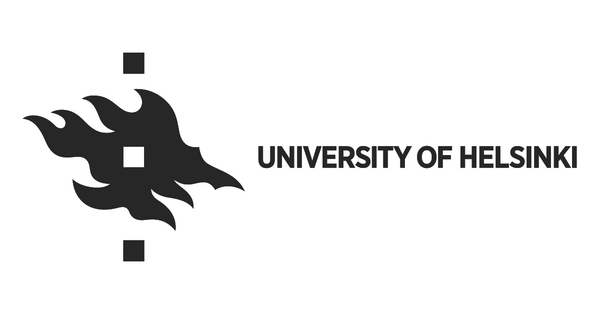University of Helsinki: The Una Europa Micro-credential in Sustainability- Educating tomorrow’s sustainability leaders – for Finland and beyond
Una Europa brings together 11 European universities to co-create and build the university of the future. A part of that is to develop joint educational initiatives with one of the most recent initiatives being the joint Una Europa Micro-credential in Sustainability. The aim is to acknowledge the complexity and interconnectedness of the issue with an interdisciplinary, creative and multifaceted approach.
But what is a micro-credential programme? Laura Riuttanen, university lecturer in atmospheric sciences and academic lead for the Una Europa Micro-credential in Sustainability, explains:
“A micro-credential is a new format of continuous education currently being developed across the EU. The basic idea is that the world is changing rapidly and to keep up, we all need to be continuous learners. It’s not enough that you study for a degree in your 20s and then work the same way until you retire. We all need to update our knowledge and micro-credentials provide a flexible way to learn continuously.”
The Una Europa Micro-credential in Sustainability specifically enables learners to study five different MOOCs (Massive Open Online Courses) introducing them to sustainability, biodiversity, climate change, political economy and the arts. The courses are co-created by the University of Helsinki, University of Bologna and Jagiellonian University in Krakow.
Flexible and open learning is essential to address the sustainability issues that we’re facing today. Not all will study to become experts in sustainability science; but we all need to have basic knowledge of sustainability to collectively drive the change. It’s also not enough that we only prepare students in Finland for this transition, we need to collaborate to ensure access to this knowledge across the world. Una Europa has allowed for engaging with new partners to expand this goal of sustainability literacy for all.
Maciej Grodzicki is an ecological economist and researcher at the Jagiellonian University in Krakow. He has worked as part of the team on the micro-credential programme to add perspectives allowing learners to question and critically assess the state and structure of our economic and societal models.
“We tend to treat the economy as something, which is just a natural part of society. My colleagues and I take a much broader view. We don’t treat economics in a technocratic way, we see it as a social process, where different groups struggle against each other to enact collective actions. This includes social movements, climate movements, different communities, indigenous movements and so on. This struggle is vital for the way economies are organized but also for the way it interacts with the environment and is embedded in the environment more broadly.”
Francesco Spampinato is contemporary art and visual culture historian, and an Associate Professor at the University of Bologna and has led the work on the MOOC on sustainability and the arts. While it might not be hard to see how our political and economic systems influence our work towards more sustainability communities, how is art playing a role?
“The arts help us see things in new ways, it triggers different reactions, and it can help us understand our past and present and bring new visions of the future. People don’t think that artists are supposed to offer solutions. However, sometimes artists, film makers, architects have this visionary approach, they speculate on the future. That’s important, since it prefigures possible scenarios that can activate people in government, activate people to make a change, take a stance and imagine new forms of transformations in society. Solutions are on one side purely speculative, visionary and futuristic and on the other side very practical, they can become functional to achieve this change.”
Working together across borders, disciplines and cultures allow us to accelerate the impact and the reach of our research and education. This is essential to ensure futures that are livable for all. Basic knowledge on sustainability issues needs to be mainstreamed and normalized for the general public. As Laura Riuttanen argues:
“I find that teaching is really the way to transform societies. In our universities, we teach thousands of students every year. If we combine the knowledge that comes from universities and the power of educating these thousands of students, universities could really be the engine of sustainability transformation, especially if we join forces.”
The Micro-credential programme includes following courses:
1. Introduction to Sustainability 3 ECTS
2. Climate.now 2 ECTS
3. Biodiversity.now 2 ECTS
4. Political Economy of Sustainability 2 ECTS
5. Sustainability and the Arts 1 ECTS

